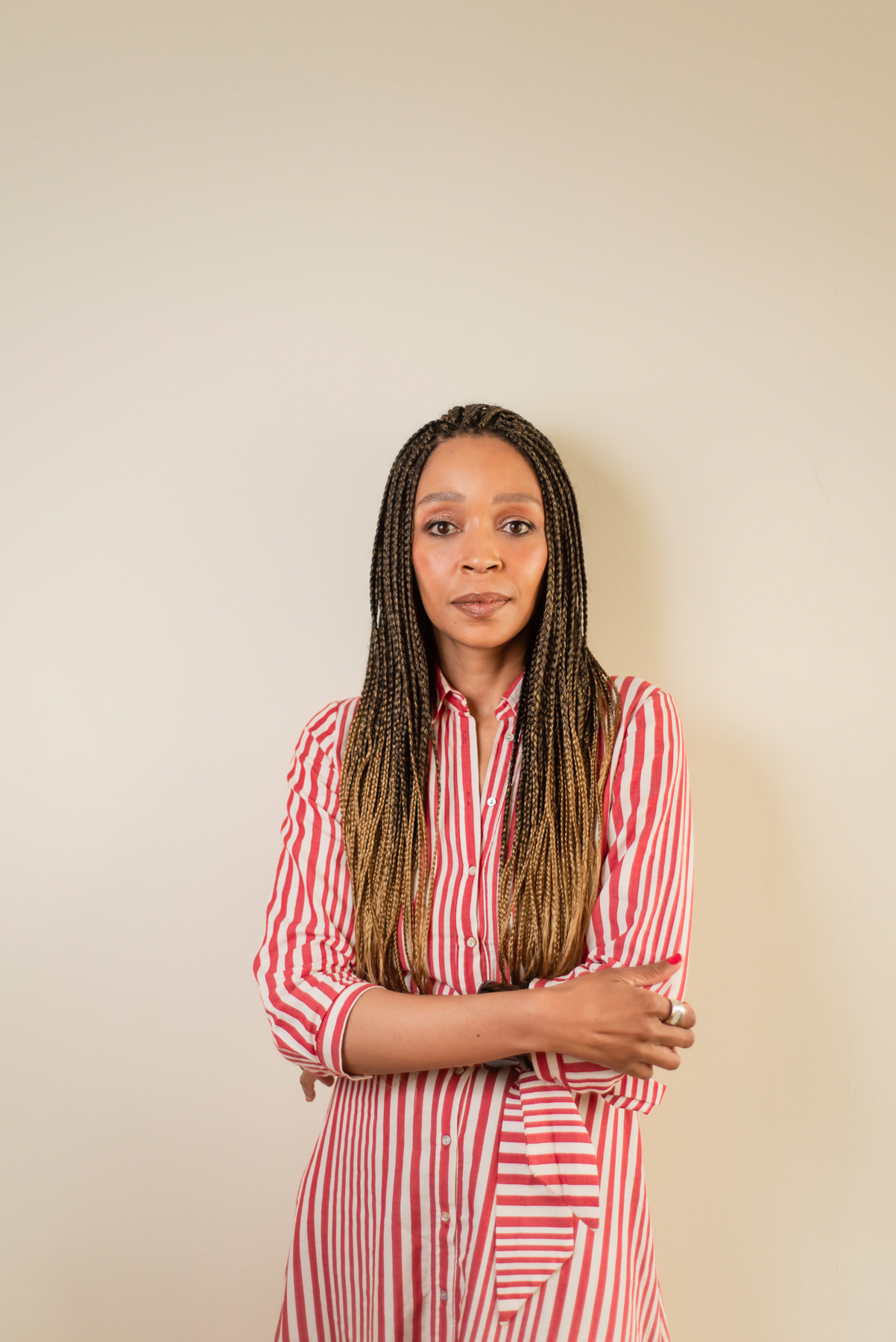| CANAL CES |
| PODCAST |
| TEMAS |
| PESSOAS |
|
Interview by: Ana Cristina Pereira and Rita Santos Este podcast faz parte da série de 28 podcasts realizados sobre o caso português e italiano no âmbito do projeto de investigação de 36 meses (2018-2021) (De)Othering: Desconstruindo o Risco e a Alteridade: guiões hegemónicos e contra-narrativas sobre migrantes/refugiados e “Outros internos” nas paisagens mediáticas em Portugal e na Europa, que pretendeu analisar criticamente representações mediáticas de migrantes, refugiados e “outros internos” em Portugal e na Europa, mapeando as suas interconexões com narrativas produzidas no domínio da segurança e no quadro da Guerra ao Terrorismo. O seu foco, uma análise de Portugal à luz de estudos de caso europeus profundamente afetados por ameaças terroristas (Reino Unido e França) e por fluxos migratórios/de refugiados (Itália e Alemanha), pretende investigar a construção de narrativas transnacionais de risco que permeiam a Europa independentemente da sua exposição “diferenciada”. O projeto foi financiado pelo pelo FEDER – Fundo Europeu de Desenvolvimento Regional através do COMPETE 2020 – Programa Operacional Competitividade e Internacionalização (POCI) e por fundos nacionais através da FCT – Fundação para a Ciência e a Tecnologia (Referencia Projeto: POCI-01-0145-FEDER-029997) ----- English Version This podcast is part of a series of 28 podcasts produced on the Portuguese and the Italian cases as outputs of the research undertaken in the 36 months project (2018-2021) (De)Othering: Deconstructing Risk and Otherness: hegemonic scripts and counter-narratives on migrants/refugees and ‘internal Others’ in Portuguese and European mediascapes that sets out to critically examine media representations on migrants, refugees and ‘internal Others’ in Portugal and across Europe while mapping out their interconnections with particular narratives in the field of security and within the War on Terror. Its focus – an analysis of Portugal in the light of other European cases affected by terrorist threats (United Kingdom and France) and by migrant/refugee flows (Italy and Germany) – aims to explore the construction of transnational narratives of risk pervading Europe regardless of the ‘differential’ exposure to them. The project was funded by FEDER – European Regional Development Fund through the COMPETE 2020 – Operational Programme for Competitiveness and Internationalisation (POCI), and by Portuguese funds through FCT in the framework of the project 029997 (Reference: POCI-01-0145-FEDER-029997).
Regarding the media production on the refugee crisis, Paula draws parallels with racial issues, noticing many common aspects between them. She perceives a certain reification of the Other, of the body that is being observed and studied, and how that is often different from who is selected to narrate the news piece. She mentions that when she thinks about the refugee crisis two images come to her mind: the crowded boats arriving in Europe and the dead Syrian boy, Aylan Kurdi, on the Mediterranean coast. The second image seems to create a more humanized image, while the first can produce the idea of a threat of invasion of territory. However, what she perceives as the most problematic is the lack of depth of media coverage of these issues. In her view, there is a lack of media coverage that treats these people as people who had a job, had a life, had a daily routine, but for some reason had to seek refuge in extremely dangerous ways. The news rarely brings up the reasons for the war, the interests involved, why these people need to stay away. Paula attributes this to the lack of training of media professionals on how to adequately portray the other. They are often more concerned with the style of the text, graphic models, etc., than with the way in which the narratives are being constructed and what kind of representations and images are created from there. In addition to training white journalists, it is also necessary to create more inclusive spaces in order to further diversify the media, and not invite racialized people to exclusively talk about racism. pessoas
ligações
|





 Paula Cardoso is a journalist. She begins this episode talking about her professional trajectory as a Black woman working in Portuguese media - which is mainly white and sexist. She has worked for Sol Portugal and Sol Angola and Visão. After an episode in which a journalist laughed at the possibility of electing a Black president during the 2008 US elections period in which Barack Obama was elected, she decided to work on more intersubjective issues in the universe of racialized people and to cherish her roots more. From that point on, she began to work at Afrolink and Força Africana.
Paula Cardoso is a journalist. She begins this episode talking about her professional trajectory as a Black woman working in Portuguese media - which is mainly white and sexist. She has worked for Sol Portugal and Sol Angola and Visão. After an episode in which a journalist laughed at the possibility of electing a Black president during the 2008 US elections period in which Barack Obama was elected, she decided to work on more intersubjective issues in the universe of racialized people and to cherish her roots more. From that point on, she began to work at Afrolink and Força Africana.